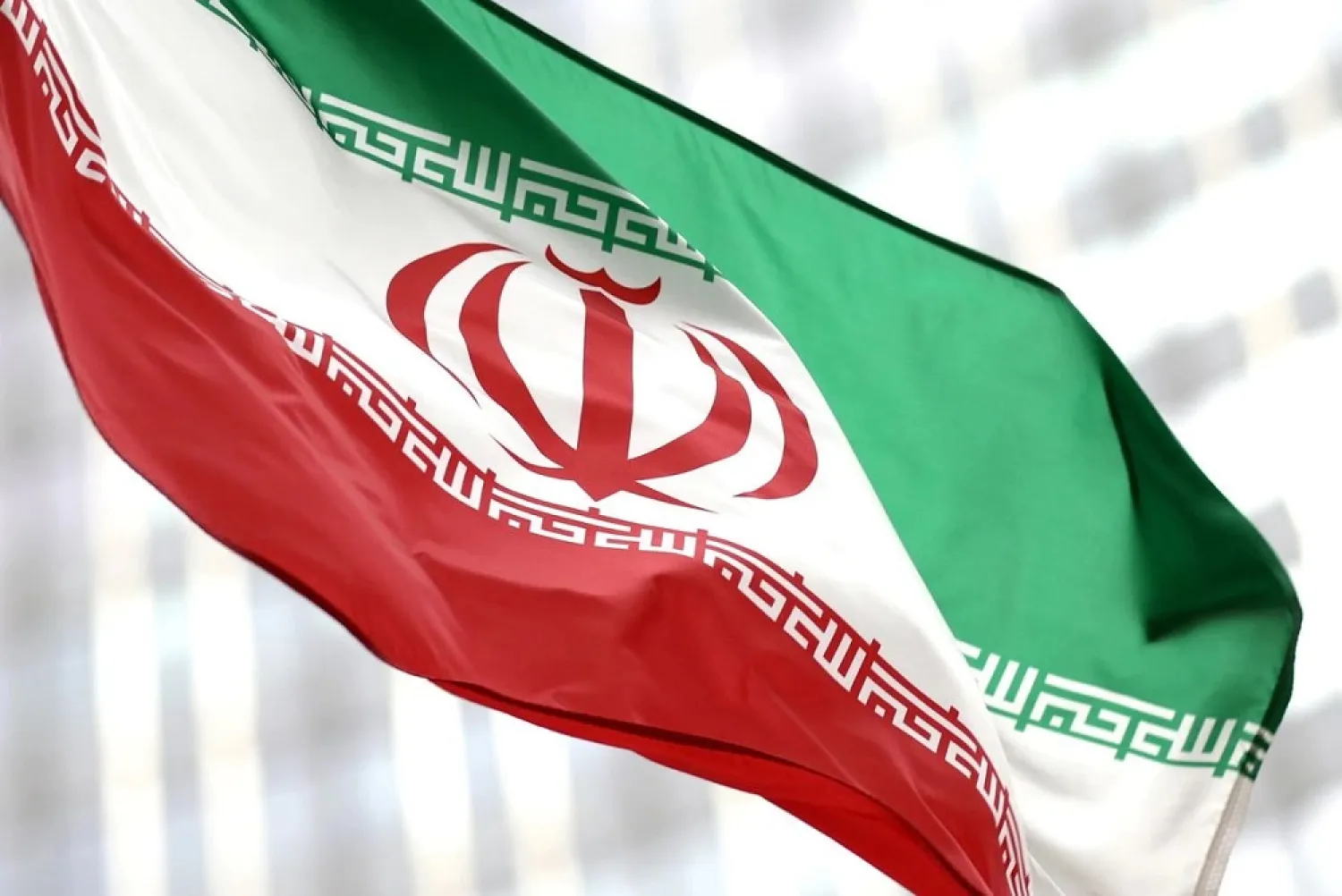Iran summoned the British ambassador, again, for what it said were “provocative” statements made by London over Tehran’s crackdown on widespread protests, Iran’s state news reported on Wednesday.
Iranian authorities summoned Simon Shercliff for the second time in less than 10 days and “strongly condemned the interventionist statements resorting to provocative and fake interpretations” by London, the official IRNA news agency reported.
The summons came two days after British Foreign Secretary James Cleverly urged Iranian authorities to respect the right to peaceful assembly and exercise restraint and release unfairly detained protesters.
Tehran said the “unilateral and selective” statement showed that the UK is siding with British-based groups opposed to Iran.
Widespread demonstrations in Iran were sparked by the death a young woman, Mahsa Amini, while in the custody of the morality police.
Iranian leaders accuse the West, particularly the United States and Israel, of planning the protests ignited by the death of the 22-year-old woman. Amini was arrested for violating the country's strict dress code. Iran has also bombed the headquarters of Kurdish opposition groups it accuses of inciting protests, an accusation the groups deny.
Iran has provided no evidence to support its claims of foreign involvement.
The protests entered a third week on Wednesday, despite government efforts to clamp down on demonstrators and embroiled dozens of cities across the country in the most widespread challenge to Iran’s leadership in years. A series of festering crises have helped fuel public rage, including the country’s political repression, ailing economy and global isolation.
The scope of the ongoing unrest, the most sustained in over a decade, remains unclear as witnesses report spontaneous gatherings across the country featuring small acts of defiance — protesters shouting slogans from rooftops, cutting their hair and burning their state-mandated headscarves.
Iran’s security forces have sought to disperse demonstrations with tear gas, metal pellets, and in some cases live fire, rights groups say. Iran’s state TV reports that violent confrontations between protesters and the police have killed at least 41 people, but human rights groups say the number is much higher. Over a thousand people have reportedly been detained.
On Monday, Cleverly summoned Iran’s envoy over the Iranian authorities’ violent crackdown on the protests and said the violence was “truly shocking.”
“We will continue to work with our partners to hold the Iranian authorities to account for their flagrant human-rights violations,” he said.
The UK also outlined concern over reports of Iranian authorities using live ammunition against protesters.
Earlier last week Iran summoned Shercliff to protest Britain hosting Farsi-language media outlets critical of Iran. The ministry alleges the news outlets have provoked disturbances and the spread of riots in Iran at the top of their programs.









